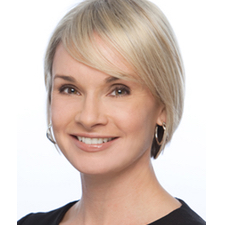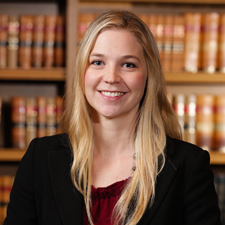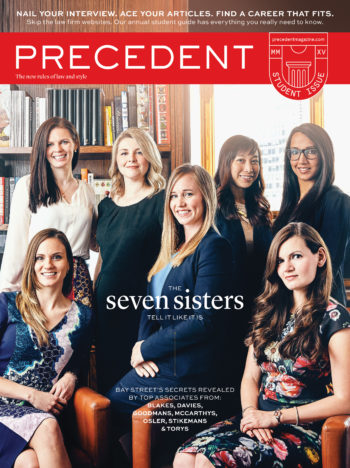
Everybody’s got advice for law students on how to land their dream job. But with the shrinking articling pool, a constantly shifting job market and more alternative career paths than ever, students need more than advice — they need some real talk. So we asked firm recruiters to be straight with us, and give us the kind of wisdom they’d give a family friend in law school — tips that won’t just help you get a job, but the right job for you.
Shannon Leo
 Student programs and recruitment director
Student programs and recruitment director
Norton Rose Fulbright Canada LLP
Chill out a bit. Be friendly any time you meet lawyers. Smile and try to relax. It seems obvious, but sometimes nerves get in the way of making a genuine connection.
Include your restaurant job on your resume. Service industry jobs are great for building transferable skills. We aren’t looking solely for the elusive ‘law-related experience.’ We want lawyers who are service-oriented.
Be a real human being. Take pride in your quirky hobbies. You will probably be asked about the most weird and wonderful item on your resume during interviews. If you list baking as an interest, be prepared to discuss your latest recipe!
Natalie Zinman
 Director of student programs
Director of student programs
Gowling Lafleur Henderson LLP
First consider where you want to work. Big firms have great training programs and a wide variety of work, but the environment may not be the best for everyone. Before applying to a firm, do your research: find out about the scope of its practice (is it full-service or boutique?), and whether it has an international presence. Then take it a step further. Reach out and ask questions. Who are some of its clients? What skills will you learn there? If you don’t like the answers, there are alternative areas of law that might make a better fit.
Your application package is everything. If it’s not well prepared, you won’t land the interview. Your cover letter should be a well-written self-advocacy piece that makes the reader want to meet you. It’s a writing sample, it’s a breakdown of your skill set and it’s a way for a firm to get a feel for how you organize information.
Timothy Stevenson
 Manager of student and associate programs
Manager of student and associate programs
Smart & Biggar/Fethersonhaugh LLP
Your grades in 1L matter – a lot. It’s the only year where you are assessed in mandatory courses relative to all others in your cohort. Getting an A in an upper-year elective course won’t mean nearly as much to a recruiter as an A in first-year contracts. Plus, 1L grades are usually the only grades law firms have to evaluate when you apply for a job as a 2L summer student.
Know your interviewers. Politely ask for their names and then learn everything about their legal practices that is publically available: reported cases, high-profile deals and the nature of their client bases. Then ask questions about their practices during the interview. If done well, this will demonstrate two things that interviewers are looking for: initiative and interest in the firm’s practice areas.
Darcy Legros
 Ontario director of student and associate programs
Ontario director of student and associate programs
Bennett Jones LLP
Be more than a law student. Your law school marks matter, but they’re only one of the many factors firms look at. Join groups at your law school and continue to pursue your outside interests and hobbies. Firms are looking for well-rounded people with varied passions, not just those who focus solely on getting straight As. (Plus, it’ll give you something to talk about during your interview!)
Don’t fake it. Interviews can be incredibly painful for both sides if you’re trying to be someone you’re not.
Alison Cowan
 Manager of student and associate programs
Manager of student and associate programs
Farris, Vaughan, Wills & Murphy LLP
There are people paid to help you. The staff at the law school career offices across the country can help you polish your applications, prepare for interviews and determine what direction you want to take your career. Visit them throughout your time at law school to discuss opportunities and applications as they arise.
Networking starts right now. And it doesn’t need to be a formal or scary process. Start with meeting upper-year law students, and chat with them about their summer jobs and anything else they know about the firms. The more you know early on, the better equipped you are to make good career choices. Plus, these people will become part of your network, which will be your single greatest asset for finding a job.

This story is from the 2015 edition of PrecedentJD Magazine
